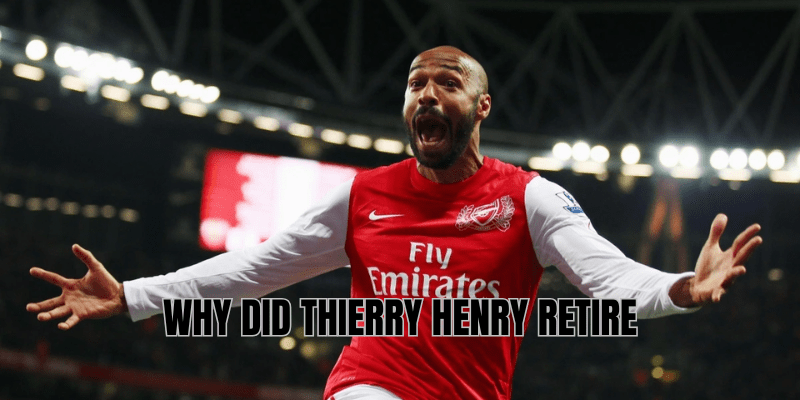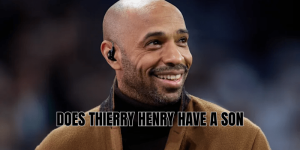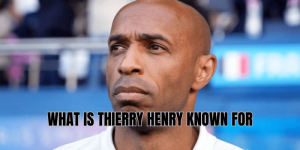Thierry Henry lived a footballer’s dream. But every fairy tale has its end. Why did Thierry Henry retire from professional football? In this deep dive, TigerKick takes you behind the scenes of Henry’s final chapter: the physical pain, emotional toll, and personal reckoning that pushed the legend to hang up his boots.
The Glory Years and the Signs of Wear
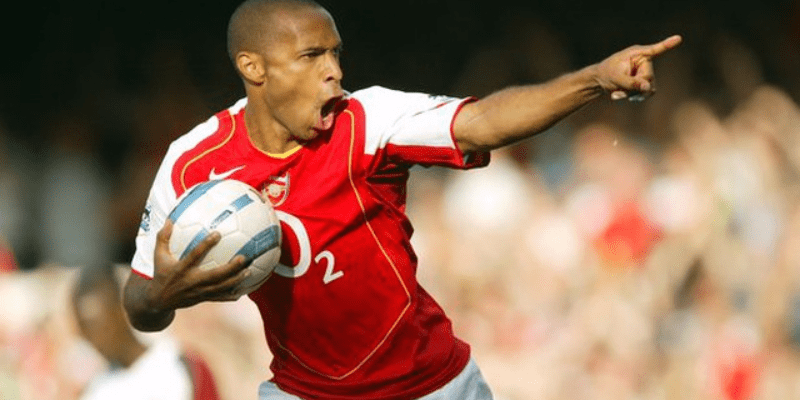
Before we go into his retirement, it’s essential to remember the heights Henry scaled—and the warning signs that were already creeping in.
Thierry Henry burst onto the scene at Monaco, but it was at Arsenal under Arsène Wenger where he became a footballing icon. He became Arsenal’s all-time leading scorer, won multiple Golden Boots in the Premier League, and later lifted trophies with Barcelona, including the 2009 treble. Over his career, he combined pace, technique, and intelligence to become one of the most feared attackers of his generation.
However, by his later years—particularly during his stint in Major League Soccer with New York Red Bulls—nagging injuries began to test his physical limits. He had already struggled with inflammation in both Achilles tendons, and club reports noted that he was forced to miss games because of the condition.
The wear and tear on his body wasn’t sudden—it had been accumulating over time. What separated Henry.
The Achilles Problem That Haunted Him
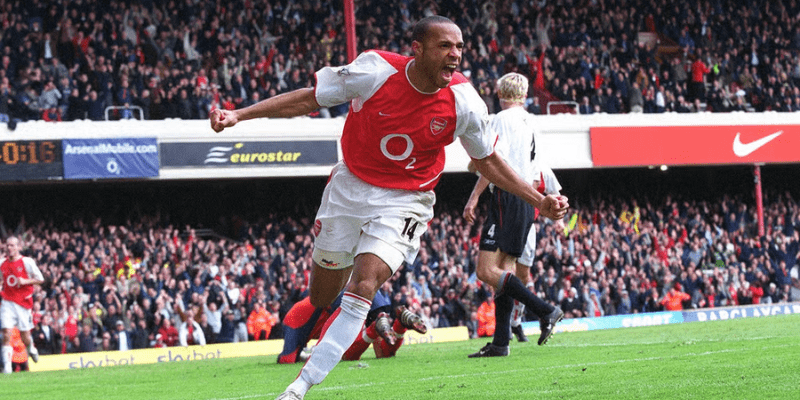
One cannot talk about Henry’s retirement without addressing his long-standing battle with Achilles tendons.
For more than ten years, Henry dealt with chronic pain in both Achilles regions. The discomfort wasn’t just occasional—it was persistent, something he felt when performing at the highest level and even in simple, daily actions.
He once revealed that there came a moment when he “no longer loved the pain.” That was the turning point. In one intimate recounting, Henry described playing with his daughter at home in New York, when he realized his body wasn’t just being tested—it was failing even in the moments that should bring joy.
You don’t retire from glory; you often retire when your body betrays you. For Henry, the Achilles issues had reached that threshold.
The Moment He Knew It Was Over
Among the many stories surrounding Henry’s exit, one stands out as particularly poignant—and telling.
In a quiet, everyday moment, Henry recalls playing with his daughter and feeling physical discomfort so sharp, the love for the game faded. He said that was the day he knew: if the pain took away the joy, it was time to say goodbye. de World Soccer])
Beyond the physical, the emotional weight was heavy. Henry confessed that part of him died when he stopped. “People don’t teach you to die,” he said, describing retirement as a jolt—going.
To him, it wasn’t just ending a career—it was losing a piece of identity. But he walked away on his own terms.
The Official Exit: When and How
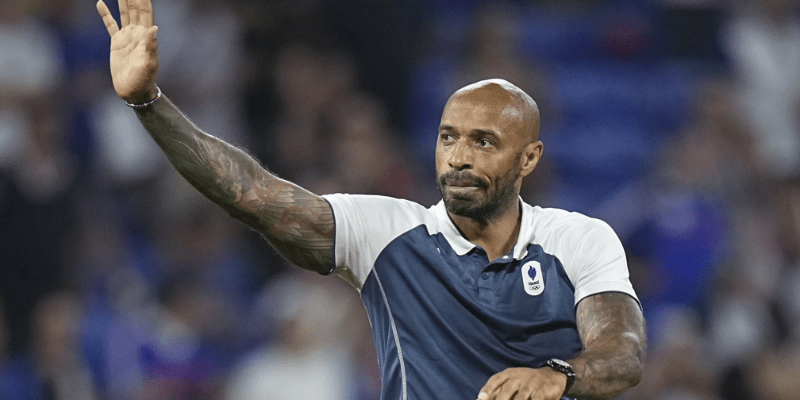
Henry officially announced his retirement on 16 December 2014, while with New York Red Bulls, signaling his desire to shift into punditry with Sky Sports. mlssoccer])
At 37, his playing career had run a long, storied course. He referenced that the timing was right—not only because of physical decline, but because he still wished to preserve the narrative of his legacy rather than play on past his prime.
Thus closed the curtain on one of football’s most luminous acts.
Beyond Retirement: Struggles, Reinvention, and Growth
Retirement didn’t mean silence for Henry—it opened a new chapter, one full of introspection, struggle, and ultimately reinvention.
Emotional Struggles and Identity Loss
In interviews after stepping away, Henry revealed the toll retirement took on his psyche. He admitted that he battled depression throughout his career and especially after stopping. In lockdown, being cut off, “tears were coming alone.”
He didn’t just lose the player—he had to rediscover Thierry the person. That journey was harsh, lonely, and filled with internal debate about purpose, legacy, and self-worth. he Independent])
Transition into Media and Coaching
Soon after his exit, Henry joined Sky Sports as an analyst and pundit. But his greater desire lay in management. Over the years, he ventured into coaching:
- Joining Arsenal’s youth setup
- Acting as assistant coach for Belgium
- Taking the managerial role at Monaco
- Coaching CF Montréal (formerly Montreal Impact)
- Serving as head coach of France’s Under-21 squad (and leading the Olympic team)
It hasn’t always been smooth—the Monaco stint was brief and tough—but it showed his hunger to stay on the pitch in another role.
The Legacy Reinforced
Even in retirement, Henry’s influence remained. His insights, charisma, and experience made him a sought-after voice in soccer discourse. And his forays into coaching suggest a restless spirit unwilling to fade quietly.
Why Did Thierry Henry Retire: A Summary
Why did Thierry Henry retire? Because he could no longer reconcile the physical pain with the passion that drove him. The long battle with Achilles tendons eroded the joy of playing. When routine life—playing with his daughter—became painful, Henry knew the game was no longer sustainable.
His decision was both brave and heartbreaking: brave in admitting the end, heartbreaking in losing a part of identity that had defined him for decades.
Final Thoughts
Why did Thierry Henry retire is not a question of “if” but “how”—how a legend, and his heart—but perhaps most for the humility in knowing when to let go.
If you want to dive deeper into Thierry Henry’s coaching career, his greatest goals, or how he ranks among the all-time greats, just say the word—we’ll light the tunnel TigerKick.
